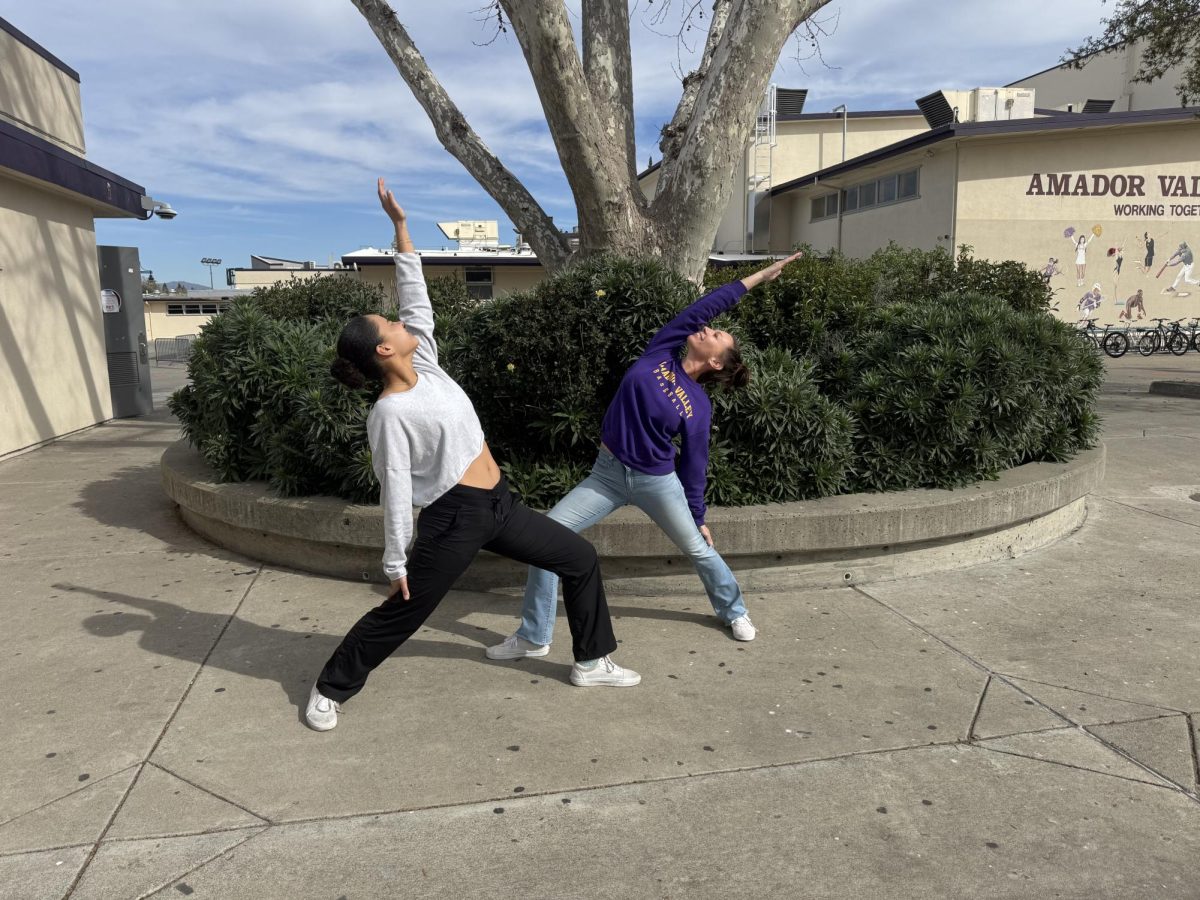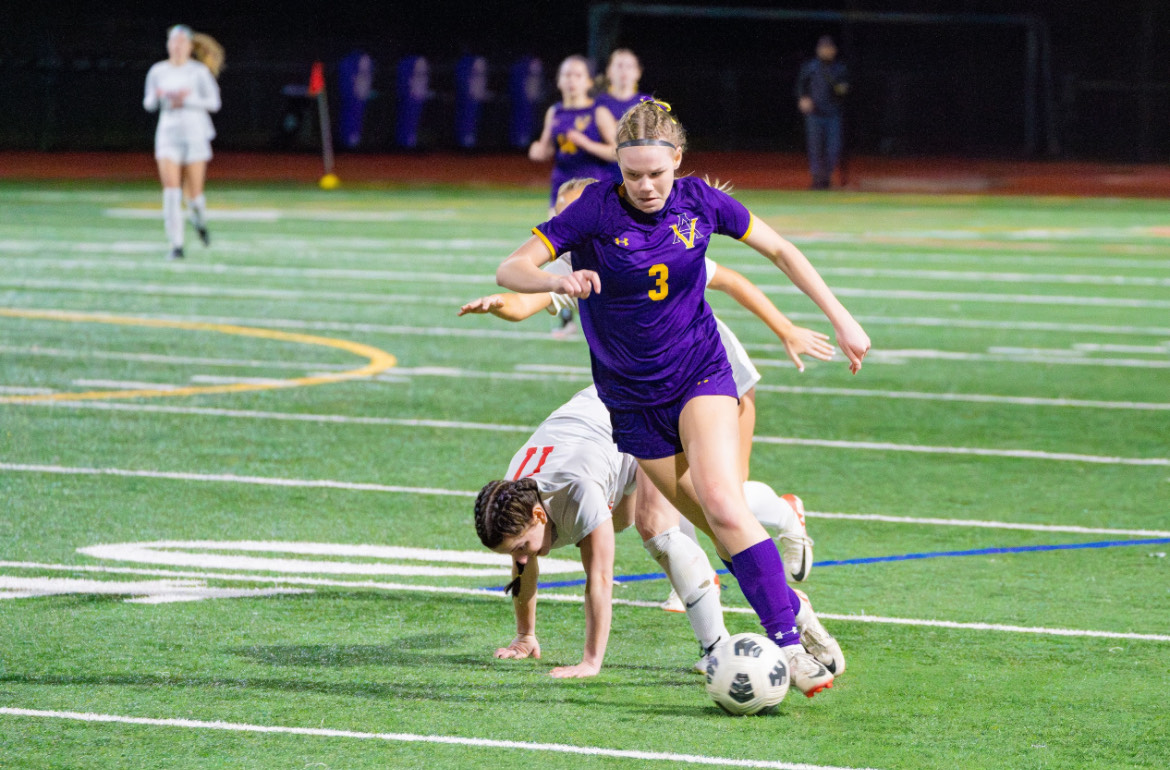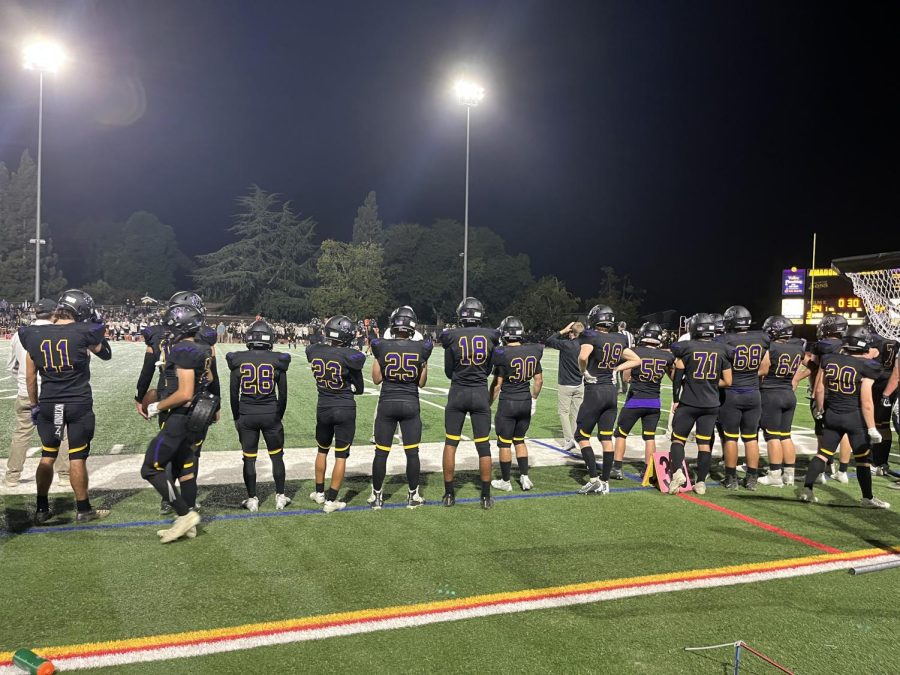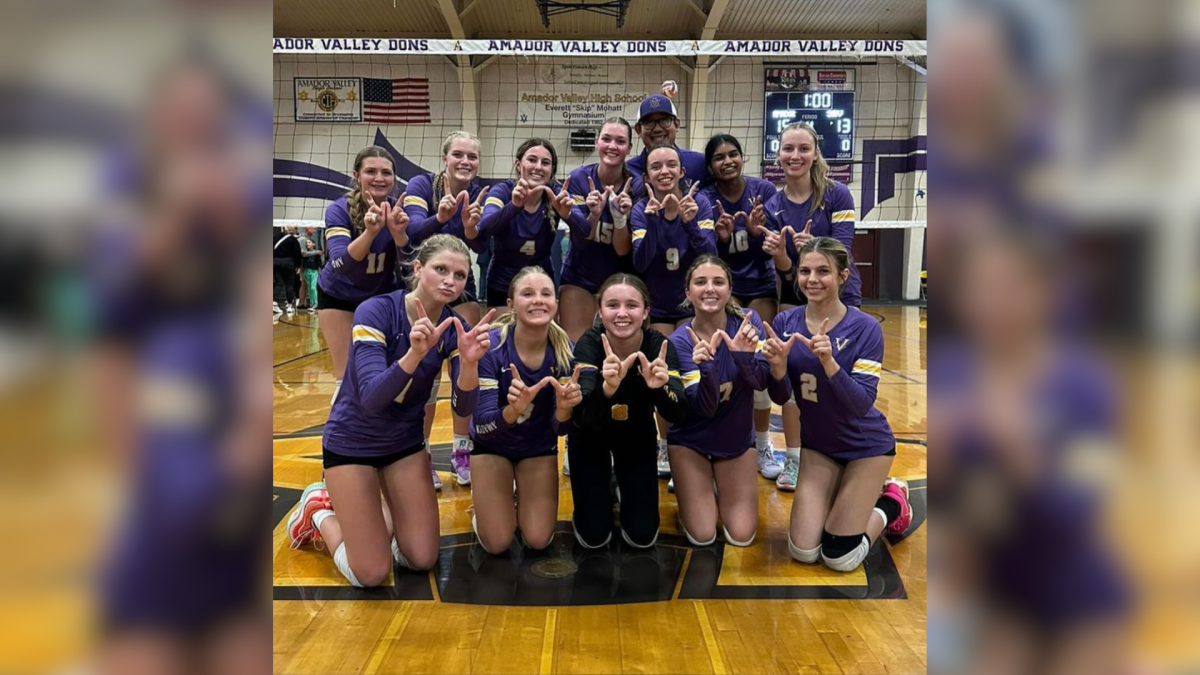Refereeing in Pleasanton is more than just making calls on the court, field, or diamond—it’s an opportunity to build confidence, develop leadership, and enjoy flexible work while making a positive impact in youth sports.
“[Reffing] teaches you how to handle problems with older people and allows you to control and lead,” said CCOP basketball referee Chris Hoang (’26).
Starting the Referee Journey
For basketball referees, the process begins with a simple application and thorough training.
“You just do some Google Forms, fill them out, and show up to a bunch of training sessions depending on your skill level,” said Hoang.
In soccer, referees complete both online and in-person sessions to prepare for the role.
“There’s a 12-hour online course and a three-hour in-person session. When I was hired, there was a ref shortage, so they didn’t cut anyone from the process,” said BUSC soccer referee Sajen Shah (’26).
Baseball umpires follow a similar path, with training focused on handling on-field challenges specific to the sport.
Earning While Leading
Refereeing offers competitive pay, with opportunities to earn more through leadership roles and officiating higher-level games.
“I get paid $25 an hour because I’m a crew captain. Regular crew members get paid $20 a game, and it’s normally like three to five games every Sunday,” said Hoang.
Soccer officials also see pay increase with responsibility and game difficulty.
“As the main center ref, you get paid more. The older or more competitive the game, the higher the pay,” said Shah.
For baseball umpires, roles and additional tips from coaches can boost earnings.
“If you’re one of the base umpires, you got, I think, $25 a game. Home umpires get paid more than normal, I believe,” said Pleasanton Little League umpire Nate Kelly (’26).
Handling Sideline Challenges
Managing sideline behavior is one of the toughest parts of refereeing, with parents and coaches often presenting challenges.
“Parents yelling in the stands is the main problem, but the organization helps by addressing it with coaches or other teams,” said Hoang.
Referees in all sports face similar situations, requiring composure and firm decision-making.
“My first game as a referee, the coach called me the N-word, and I had to give him a red card. [The league] tells you to stand up for yourself and ignore minor things, but act when necessary,” said Shah.
Flexible Schedules and Life Lessons
One of the greatest perks of refereeing is its flexibility, allowing students to work around their schedules.
“You only work at least once every other week unless you’re sick. We’re staffed enough to cover replacements,” said Hoang.
“For soccer, you just sign up for the games you want. If you know you’re free from two to three, you ref during that time,” said Shah.
“You have freedom to sign up for whatever day works for you. It’s not like you have to be committed, so it’s just a good way to make some extra money when you have the chance,” said Kelly.
Refereeing also imparts valuable skills that extend beyond sports.
“Refereeing teaches you how to handle problems with older people and lets you lead a crew or court,” said Hoang.
“You see the game differently, from an officiator’s point of view. It’s a valuable perspective,” said Shah.
“I didn’t let people push me around; whatever I say goes as an umpire. And I also got to give back to the community that I was raised in in Pleasanton Little League. So, it gave me a sense of pride,” said Kelly.
Leaving a Mark on Youth Sports
Whether officiating basketball, soccer, or baseball, Pleasanton’s referees play a vital role in ensuring games are fair, safe, and fun. Along the way, they develop leadership, resilience, and a sense of community—skills that resonate far beyond the final whistle.











